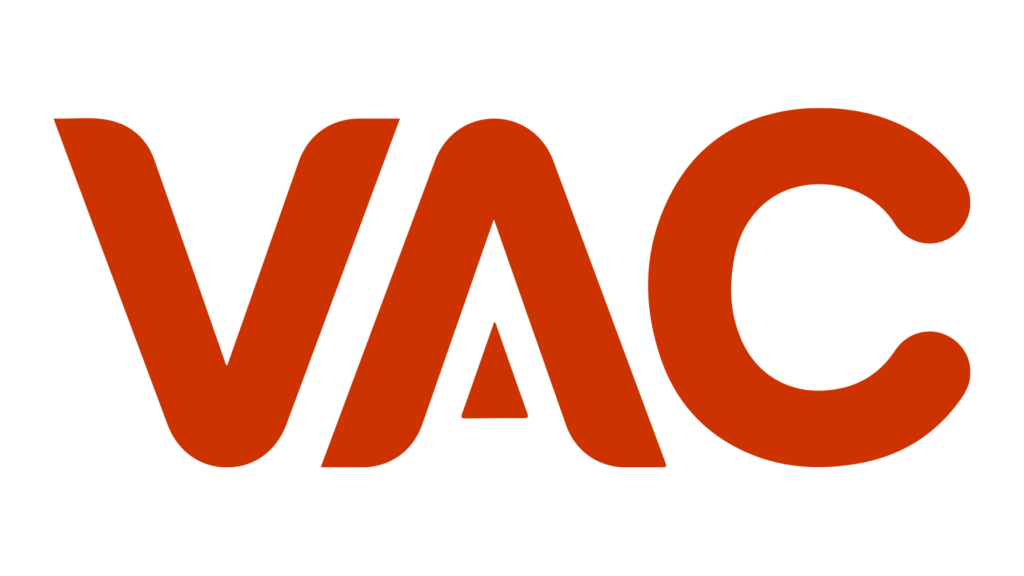Many people dream of working in Europe, but one of the most common questions travelers ask is: “Can I work with a Schengen visa?” The answer depends on the type of visa you hold. While a Schengen visa allows you to visit, travel, and attend business meetings within the Schengen Area, it does not permit employment.
However, there is an important alternative, the Schengen work visa, which legally allows foreign nationals to work in one of the Schengen countries. Understanding the difference between both visas can save you time, stress, and possible legal issues.
What Is a Schengen Visa?
A Schengen visa is a short-stay visa that allows travelers to move freely across 29 European countries within the Schengen Area for up to 90 days within a 180-day period.
This visa is ideal for:
- Tourism and vacations
- Business trips or conferences
- Visiting family or friends
But here’s the key rule:
You cannot work or take up paid employment with a standard Schengen visa.
Any form of paid work, whether freelance, part-time, or full-time, requires a valid Schengen work visa or national work permit issued by the specific country you plan to work in.
What Is a Schengen Work Visa?
A Schengen work visa (also known as a long-stay or national work visa) is designed for individuals who want to live and work legally in one of the Schengen member states.
Unlike the regular tourist visa, a Schengen work visa allows you to stay for more than 90 days and engage in employment activities, provided you meet the host country’s eligibility requirements.
Each Schengen country issues its own national work visa based on local labor laws.
For example:
- Germany offers a skilled worker and job seeker visa.
- France provides long-stay work permits for employees with signed job contracts.
- The Netherlands has a highly skilled migrant program for professionals.
So while there isn’t one universal Schengen work visa for all countries, you can apply for a work visa for the specific country where you intend to work.
Requirements for a Schengen Work Visa
Though requirements vary slightly across countries, most Schengen work visa applications typically include:
- A valid job offer or employment contract from an approved employer.
- Proof of qualifications or relevant work experience.
- Passport valid for at least six months beyond your intended stay.
- Proof of accommodation in the host country.
- Comprehensive health insurance coverage.
- A clean criminal record certificate.
It’s important to submit your application to the embassy or consulate of the country where you will be employed.
Can You Convert a Schengen Visa to a Work Visa?
In most cases, you cannot convert a Schengen tourist visa into a work visa while already in Europe. You will need to return to your home country and apply for the correct Schengen work visa type before beginning employment.
Some countries, however, may allow exceptions for skilled professionals or individuals who secure a job offer during their stay. It’s best to confirm with the local immigration office or embassy of that country.
Conclusion
While a Schengen visa opens the door to Europe for short visits, it does not permit you to work. If your goal is to pursue a career or long-term employment in Europe, the right path is to apply for a Schengen work visa or a national long-stay visa issued by the country where you plan to work.
Getting the right visa helps you stay compliant with immigration laws, build your career legally, and enjoy the full experience of living and working in Europe.
If you need more assistance on this topic or filing a Schengen visa application, please feel free to contact us so we can access your options and advice you accordingly.
